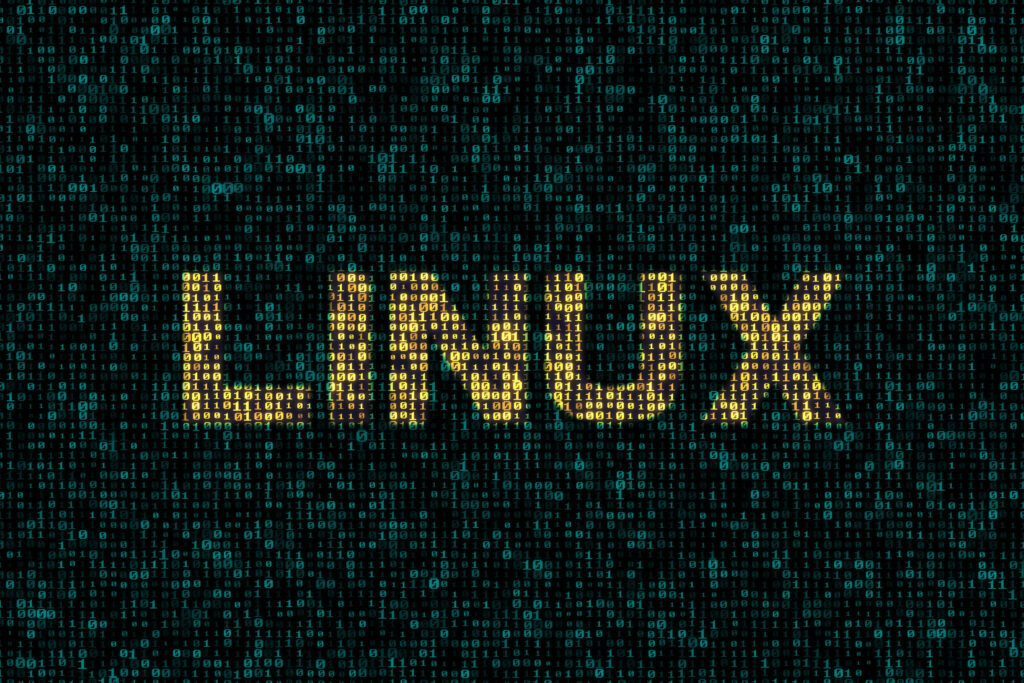The RESTRICT Act
The proposed RESTRICT Act purports to counter China’s growing tech influence by apparently outright banning apps like TikTok and possibly other tech equipment and services, at the sole discretion of the federal government.
While its stated goal is to curb foreign control of user data and safeguard national security, the legislation’s broad language threatens civil liberties and free speech. The potential implications of the RESTRICT act have privacy advocates worried, with some comparing it to the PATRIOT act passed in 2001, which was criticized for its impact on civil liberties.
The fast-changing tech landscape will likely render the policy ineffective. As has been discussed by Jeff.pro writers, technology moves much faster than government.
If TikTok is declared subject to certain restrictions or banned in the future, its creators can likely reconstitute it quickly in one or more different forms, both geographically and technologically, that would not be subject to the specified provisions of the proposed RESTRICT Act.
The fact that technologies are capable of quickly adapting to new legislative restrictions and continuing to operate despite proposed restrictions is widely recognized in technology circles, raising doubts about the real intended purpose of the RESTRICT Act.
Is the RESTRICT Act just another attempt by entrenched government bureaucrats to gain broad new powers against their political adversaries, using heavy-handed, vague language that could be applied to target any technologies or technological innovators that threaten their political power?
How to achieve Digital Freedom while protecting the public: A Bill of Rights to Protect Against Data Misuse and Ensure Privacy in the Digital Realm, while also protecting against government overreach and the targeting of political adversaries by big government and big tech
A more balanced solution than the proposed RESTRICT act would be a digital bill of rights that protects user data privacy for all apps and platforms in a meaningful way less prone to political abuses, U.S. and foreign alike.
Legislation should require tech companies to be transparent about data collection and use, requiring Open Source code for apps themselves, with penalties for noncompliance. This would address underlying worries about apps like TikTok mining and selling user data, while avoiding politically-motivated targeting of companies by “big government” influenced by “big tech” interests.
It is ironic that current laws protect consumer data like credit information but not other personal info like the resale of emails or location data, though they are increasingly valuable and vulnerable to abuse.
A digital bill of rights could set guidelines for responsible data collection and use for companies and governments. It may limit data mining and resale, preventing companies from profiting off user data without consent.
Innovation beats heavy-handed restrictions
By focusing on data protection for all users, and moving the national and international software community to adopt the use of open source code, lawmakers can safeguard privacy in the digital age better than restrictive policies like the RESTRICT Act.
A balanced digital bill of rights can protect vital user data while supporting tech innovation and avoiding government overreach.
Policy should not try to keep up with the pace of tech changes but establish broad protections and penalties to ensure companies handle users’ data ethically, regardless of politics.
In the end, users deserve transparent data practices and control over their information in the digital world. Comprehensive legislation, not arbitrary restrictions which could potentially be used to target political adversaries, is needed to provide that.
Open Source Code: The Key to Addressing Concerns About Data Privacy and Security
Open source code refers to software code that is made publicly available and can be modified, distributed, or used by anyone for any purpose. The term “open source” refers to the fact that the source code of the software is open, or freely available to the public. This allows developers to collaborate on the code and make improvements or modifications to the software. Open source code is often used in the development of software applications and operating systems, and has become increasingly popular in recent years due to its flexibility, transparency, and potential for innovation.
Currently, most apps do not make their source code open source, which can raise concerns among the public about exactly what the apps are doing with their data. Without access to the source code, users are left to trust that the app is using their data in a responsible and ethical manner. This lack of transparency can lead to doubts and suspicions about the app’s intentions, and can erode trust and confidence in the app. By making their source code open source, app developers can help to address these concerns and give users greater transparency and control over their personal data.
Open source code helps to restore public trust in questionable applications by allowing users to review the code and understand how their data is being used. This transparency ensures that user data is not being misused and gives users a sense of control over their personal information. With open source code, users can verify that an application is not engaging in malicious activities, rebuilding trust and confidence in the technology they use. Open source code promotes data privacy, security, and restores public faith in technology.
Want to continue discussing the RESTRICT Act vs. True Digital Freedom? Join the Jeff.pro forums
Join the Jeff.pro online forms and engage in discussions with members who are interested in Digital Freedom, Open Source Code, and the Linux Operating System, a complete replacement for the “big-tech” Microsoft Windows software on your computer.



